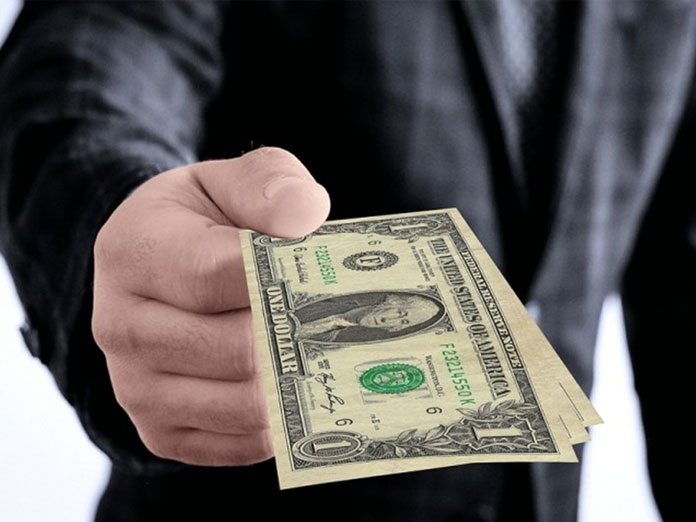Why people give into bribery decoded

Greed, and not the willingness to return the favour, is the main reason people give in to bribery, according to a study carried out in several settings, including India
Washington: Greed, and not the willingness to return the favour, is the main reason people give in to bribery, according to a study carried out in several settings, including India.
Researchers at Carnegie Mellon University (CMU) in the US suggest that when incentives are dependent on choices, people accept and reward bribes. On the other hand, when bribes are not contingent on delivering a certain outcome, they do not distort judgment nearly as much. Pairs of participants wrote original jokes and submitted them to a judge, who was tasked with deciding which pun was the funniest. Joke-tellers could blindly submit bribes up to USD 5. When judges were allowed to keep only one bribe, nearly 90 per cent of them chose the joke that came with the most money.
The better joke -- as determined by independent evaluators --was selected just 60 per cent of the time. "Quality was basically ignored when the person could pocket the winner's bribe. Nearly every person went with the money," said Silvia Saccardo, an assistant professor at CMU. The results were different when the judges could keep both bribes. They selected the better joke 84 per cent of the time. In fact, they overwhelmingly chose the person who wrote the funnier joke even when they offered the lower bribe. "When the referees' payoff didn't depend on the choice of winner, bribery didn't distort judgment," said Saccardo. "And because they sided with quality instead of a higher payoff, it's an indication that in our data reciprocity isn't a driving factor when it comes to bribes," he said.
The researchers, including those from the University of California San Diego in the US and WZB Berlin Social Science Center in Germany, created one final scenario in the study that provided a clue that greediness can actually be overcome. Rather than allowing participants to bribe the judge when they submitted their jokes, joke-tellers had to wait two minutes. The extra time allowed the judges to objectively read and evaluate the submissions before seeing any money. They could keep only the winner's money; they chose the better joke 81 per cent of the time. "When a bribe arrives before you have time to make an unbiased decision, you 'conveniently' convince yourself that a subpar proposal is actually the best one," Saccardo said.
"It's more difficult to justify your own dishonesty once you have already made a decision before receiving a bribe," said Saccardo. The researchers replicated the main conditions of the study at a market in India using a taste-test. The results were consistent. The World Bank estimates nearly USD one billion exchanges hands in bribes every year. By learning more about the ways our behaviour and moral judgment can be affected through bribery, the researchers hope to identify ways to minimise its effect. "Our results suggest that policy interventions that focus on increasing the moral costs of distortion and limit the scope for self-serving biases may provide a successful way to reduce the effectiveness of bribes," Saccardo said.











